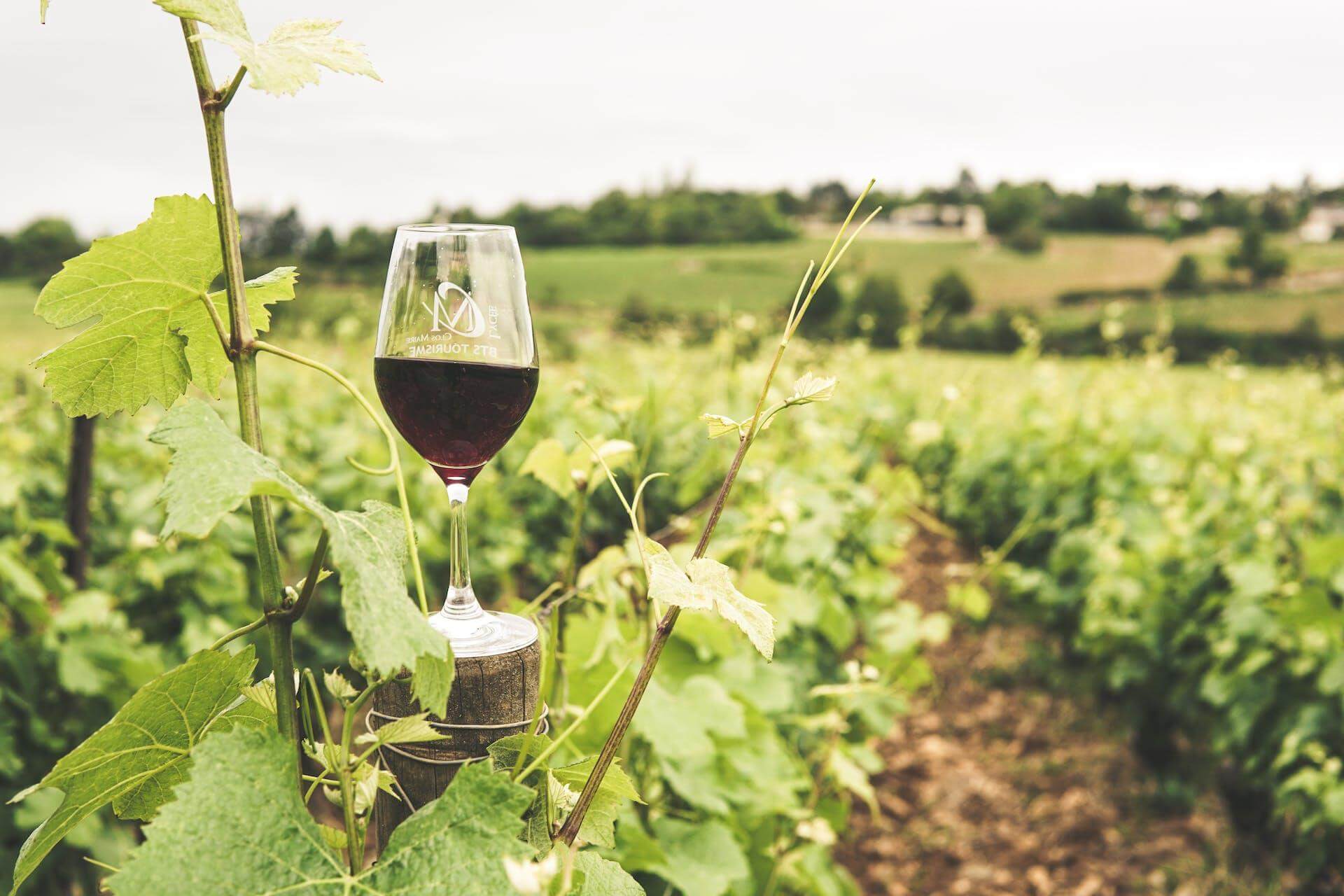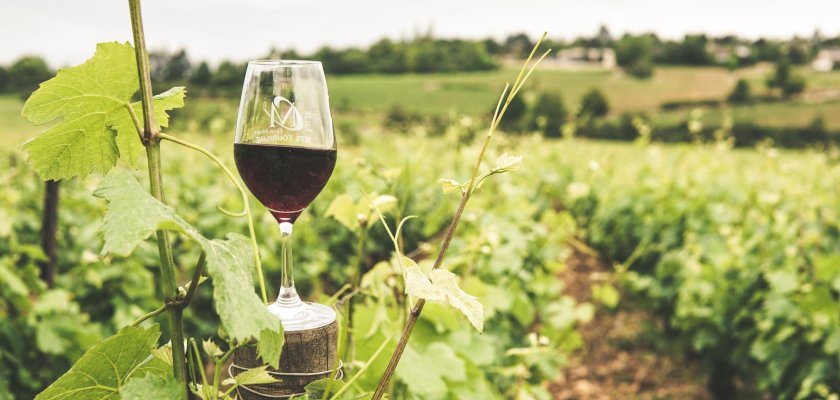The wine industry has long been dominated by large-scale producers, but boutique wineries are changing the landscape in remarkable ways. These small, independently owned wineries focus on quality, innovation, and sustainable practices, redefining how wine is produced, marketed, and enjoyed. As consumers seek authenticity and unique experiences, boutique wineries are carving a niche for themselves and reshaping the industry. Here are five ways they are ushering in a new era in the wine world.

1. Emphasis on Quality Over Quantity
Unlike mass producers who prioritize volume to meet global demand, boutique wineries focus on crafting high-quality wines with meticulous attention to detail. Smaller production batches allow winemakers to control every aspect of the winemaking process, from vineyard management to fermentation and aging.
These wineries often employ traditional and artisanal techniques, such as hand-harvesting grapes and aging wines in small oak barrels to enhance complexity. By focusing on quality rather than mass production, boutique wineries create wines with distinct character and a sense of place (terroir) that larger wineries may struggle to achieve.
2. Sustainability and Eco-Friendly Practices
Sustainability is at the core of many boutique wineries. With climate change and environmental concerns shaping consumer preferences, these small wineries are leading the charge in adopting eco-friendly practices.
Many boutique wineries practice organic or biodynamic farming, avoiding synthetic pesticides and fertilizers to promote healthier soils and biodiversity. They also implement water conservation techniques, solar energy usage, and sustainable packaging to reduce their carbon footprint.
By championing sustainability, boutique wineries are setting an example for the broader wine industry, proving that environmental responsibility and quality winemaking can go hand in hand.
3. Innovation in Winemaking Techniques
Boutique wineries are known for their willingness to experiment with innovative winemaking techniques. Unlike large corporations that stick to proven formulas, these smaller producers often push the boundaries of traditional winemaking.
Some boutique wineries explore natural and minimal-intervention winemaking, allowing fermentation to occur with native yeasts and using little to no additives. Others experiment with unconventional grape varieties, blending techniques, and aging methods—such as amphorae (clay vessels) or concrete tanks—to create unique flavor profiles.
This innovation extends to hybrid grape cultivation, where winemakers experiment with lesser-known or climate-resilient grape varieties to combat the effects of global warming. These creative approaches not only result in exciting new wines but also inspire larger wineries to explore new possibilities.
4. Personalized and Immersive Consumer Experiences
Boutique wineries provide an intimate and immersive experience that mass-market wineries often cannot. Instead of large-scale, impersonal tasting rooms, these smaller establishments offer personalized tours, direct interactions with winemakers, and unique tasting experiences that create lasting memories.
Many boutique wineries focus on hospitality, offering exclusive wine club memberships, farm-to-table dining experiences, and private tastings tailored to individual preferences. Some also host vineyard stays, where guests can spend the night among the vines and gain firsthand insights into the winemaking process.
By fostering direct relationships with their customers, boutique wineries create brand loyalty and a deeper appreciation for the artistry behind each bottle. Consumers are no longer just buying wine; they are investing in a story and an experience.
5. Direct-to-Consumer and Digital Marketing Strategies
The rise of e-commerce and digital marketing has given boutique wineries the tools to compete with larger brands. Traditionally, wine distribution relied heavily on retailers and wholesalers, but boutique wineries are bypassing the middlemen by adopting direct-to-consumer (DTC) sales models.
Through online platforms, boutique wineries can reach wine lovers worldwide, offering exclusive allocations and personalized recommendations. Social media, virtual tastings, and digital storytelling allow these wineries to connect with consumers on a personal level, sharing their winemaking journey and building a loyal community.
Many boutique wineries also leverage data analytics to tailor marketing efforts, track consumer preferences, and offer subscription-based wine clubs that provide curated selections delivered straight to customers’ doors. By embracing technology, they are not only expanding their reach but also modernizing the way wine is sold and consumed.
Conclusion: The Future of Boutique Wineries
As boutique wineries continue to gain popularity, they are setting new industry standards for quality, sustainability, innovation, and consumer engagement. Their impact extends beyond their own small-scale operations, influencing larger wineries to adopt similar practices and embrace change.
The future of the wine industry is being shaped by these passionate, independent winemakers who prioritize authenticity and craftsmanship over mass production. As wine enthusiasts increasingly seek unique, high-quality experiences, boutique wineries are poised to lead the way, ensuring that the next era of winemaking is as dynamic and diverse as ever.

